
The legend of the “Wunder Karajan” was born in 1938 with an acclaimed Tristan at the Berlin Staatsoper.
Yet Karajan’s career properly took off in the post-war world, with technological advances that not only allowed him to be Europe’s “General Music Director” with appointments in London, Vienna and Milan, but meant that his visionary conducting style, devoted to a new ideal of beauty and clarity of sound, could be preserved on record and film.
Leer más

Un documental de Eric Schulz
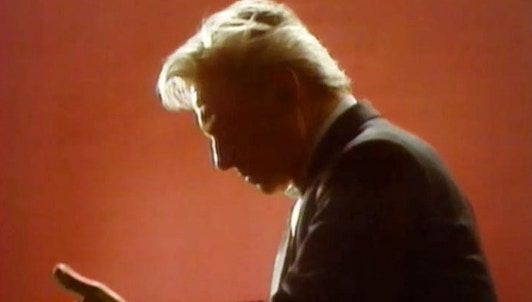
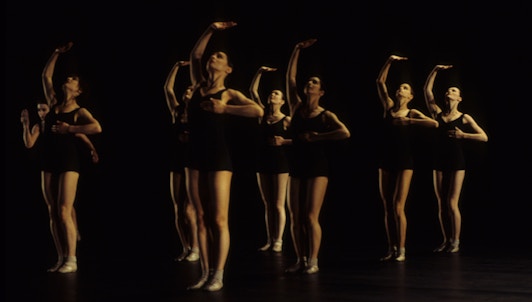
Sarabande, No More Play, Petite Mort, Sweet Dre...
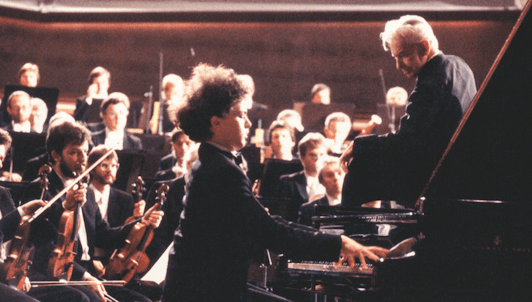
Orquesta Filarmónica de Berlín

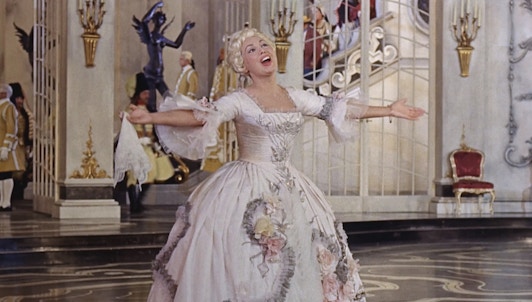
Un documental de Eric Shulz — Con Elisabeth Sch...
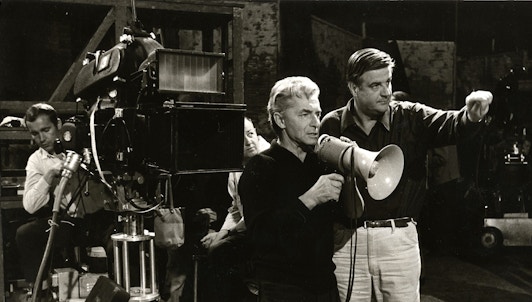

Retrato con motivo del 75 cumpleaños de la soprano



Toscanini, Furtwängler, Karajan, Menuhin, Abbado
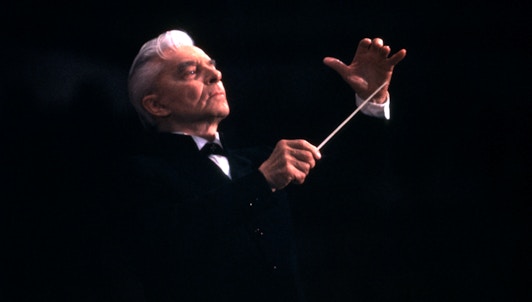
Un documental de Deborah Dickson, Susan Froemke...